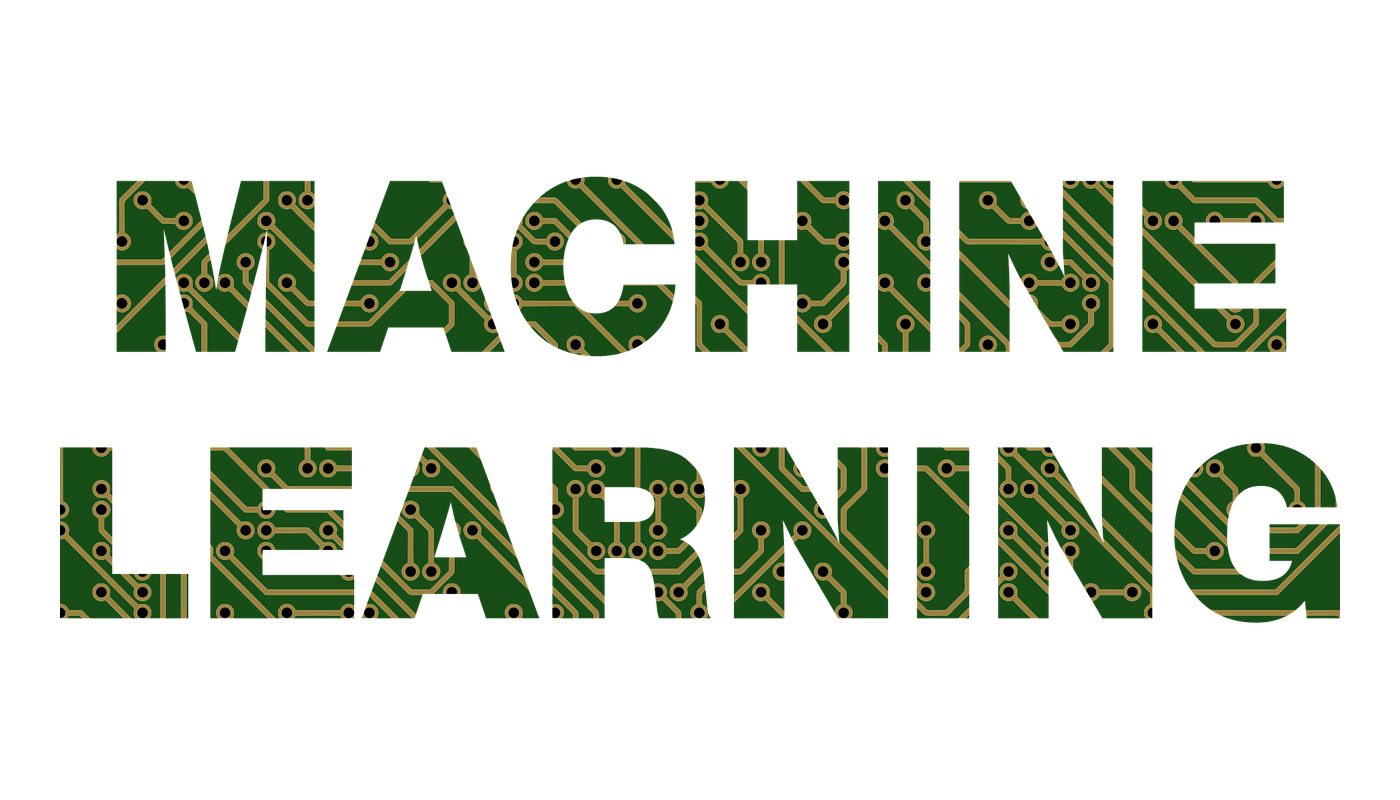
The increasing availability of healthcare data and the rapid development of big data analytic methods mean that artificial intelligence/machine learning has potential to assist clinicians to make better clinical decisions, or even replace human judgement, in certain areas of healthcare. But little is known about its application in primary care for cancer diagnosis.
Dr Owain Jones, a Centre-funded clinical research fellow in our Early Detection Programme, based in the Department of Public Health and Primary Care, led this research to review academic and commercial evidence on AI techniques that might help enable earlier diagnosis of cancer in primary care.
The researchers discovered some promising studies applied AI techniques to some elements of the electronic health record (EHR), but did not incorporate all of the available data. Some commercially developed AI technologies aim to incorporate the entire EHR datasets, but so far lack independent evidence of their efficacy.
The research team concluded this field is still at an early stage of maturity and widespread adoption into routine primary care clinical practice cannot yet be recommended.
In the UK, and in other high-income countries, about half the population over the age of 50 will be diagnosed with cancer in their lifetime. Although the National Health Service (NHS) currently spends approximately £1 billion on cancer diagnostics per year, the UK lags behind comparable European nations with their cancer survival rates.
Most people diagnosed with cancer first present to primary care. There, General Practitioners (GPs) evaluate their often vague presenting symptoms and decide whether the patient needs further investigation or specialist referral. More accurate assessment of these symptoms, especially for patients with multiple consultations, could lead to earlier diagnosis of cancer, and improved outcomes for patients, including better survival rates.
The research team systematically searched for studies of AI techniques that might help enable earlier diagnosis of cancer in primary care. They were particularly looking for techniques that could be applied to primary care EHR data.
16 relevant studies were found, representing the data of more than 3 million patients. 13 studies described the initial development and testing of AI algorithms and three studies described the validation of an AI algorithm in independent datasets. One study was based on prospectively collected data; only three studies included any data from primary care data sources. Meta-analysis of the data reviewed for this study was not undertaken due to heterogeneity of AI modalities, dataset characteristics and outcome measures. No data on implementation barriers or cost-effectiveness were found.
• Most studies described the initial development and testing of an AI technique. Three studies validated the AI technique developed by Kinar et al.2016 in independent datasets from three different countries (Israel, USA, and UK).
• The AI techniques were most commonly developed to identify colorectal cancer (n=7), although they also addressed lung cancer (n=3), haematological cancers (n=2), pancreatic cancer (n=1), prostate cancer (n=1), and multiple cancers (n=2).
• Most of the studies (n=12) included blood test results, all suitable for use in primary care settings. Age was also commonly included (n=12). Other variables used were: gender (n=10), demographics (n=5), symptoms (n=7), co-morbidities (n=8), lifestyle history (n=7), examination findings (n=6), medication/prescription history (n=3), spirometry results (n=2), urine dipstick results (n=1), FIT result (n=1), X-ray text reports (n=1), and referrals (n=1).
• The commonest AI technique employed was neural networks (n=10), with many neural network subtypes mentioned. Miotto et al.’s study (2016) was the only one to include a processed form of free text notes in the data, although the work described by Kop et al.(2016) was developed in a subsequent study to include clinical free text data.
• A few promising, commercially-developed AI technologies were identified which apply AI techniques to the whole EHR dataset. However, these technologies have not yet been subjected to independent evaluation and lacked academic detailing.
Dr Owain Jones, lead author comments: "AI techniques have potential to aid the interpretation of patient reported symptoms and clinical signs, to support clinical management, doctor-patient communication and informed decision-making.
The research team was funded by the National Insitute for Health Research (NIHR) Cancer Policy Research Unit and Cancer Research UK.
Reference
OT Jones, N Calanzani, S Saji, SW Duffy, J Emery, W Hamilton, Hardeep Singh, NJ de Wit, FM Walter, Artificial intelligence techniques that may be applied to primary care data to facilitate the earlier diagnosis of cancer: a systematic review JMIR Vol 23, No 3 (2021): March
















